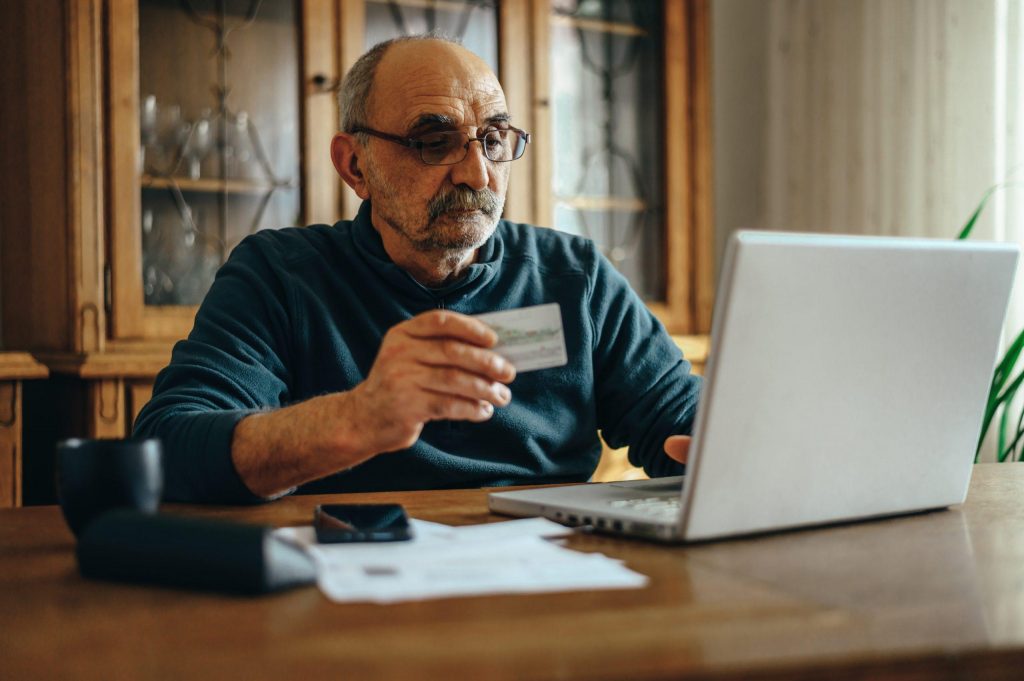Millions of aging seniors will fall prey to scams, fraud, and identity theft each year. Older adults tend to be more trusting of people whom they don’t know and often are open to chatting with others because of isolation, they are more vulnerable to these types of scams. Some seniors may also have cognitive issues that affect their judgment and reason. We at Providence House Senior Living want to do our part in helping seniors avoid getting scammed.
According to the National Council on Aging (NCOA), there are prominent frauds targeting seniors currently that have cost billions of dollars this year. We at Providence House Senior Living want to start a conversation and share this information with our residents and their loved ones to protect their wallets and identities.
Current Scams
- Fraudulent phone calls from the Social Security Administration (SSA).
There has been a recent uptick in the number of phone calls that threaten arrest or legal actions if the caller does not return their call or press a number to be connected to the SSA. The important takeaway is that the SSA will rarely call someone directly unless they have ongoing business with that person, and they will not threaten arrest over the phone. The best course of action is to hang up at once.
- Natural disaster scams.
Devastating natural disasters, like wildfires, earthquakes, hurricanes, and tornadoes, can bring out the worst and best in people. Scammers have found new opportunities to target both those who want to help support during a time of need and those directly affected by the disaster. It’s best to thoroughly vet any charity that you wish to support and lean on reputable resources if you are a victim of a disaster.
- Grandchild in trouble scam updated.
This fraud happens when the caller notifies an elderly adult that their grandchild has been in a car accident or is in jail and needs money immediately. The best action to take is to not act right away but to hang up and contact your grandchild or family members to verify they are safe. If you have mailed cash, contact the post office or shipping service to stop delivery. And file a complaint with the Federal Trade Commission.
Those three scams may be prominent this year, but there are many more scammers looking for other opportunities to target vulnerable seniors—both online and offline. We at Providence House Senior Living want to help protect your loved one from becoming a victim by sharing these helpful tips.
- Do not allow anyone but a trusted family member, friend, or professional financial adviser to handle your personal finances or banking.
- Never give out your PIN, social security number, bank account, Medicare, or credit card over the phone, unless you have started contact and know the company that you are speaking to. Never send this information via email.
- Do not toss in the trash any documentation that includes this type of information. We recommend shredding these types of documents.
- Never sign a contract without clearly understanding the terms of the agreement.
- Do not assume that all charity organizations are legitimate. Research a charity before donating.
- Use precautions with your financial information online. Shop with retailers that are well-known companies.
- If you or your loved one have been defrauded or are concerned that you might be the victim of fraud, don’t be afraid to talk about it with someone you trust.
At Providence House Senior Living of Brighton, MA, we strive to protect vulnerable seniors and support all efforts to curtail the spread of fraud. You can find more information on how to protect your aging loved ones from scams by visiting the Federal Trade Commission’s (FTC) site.

